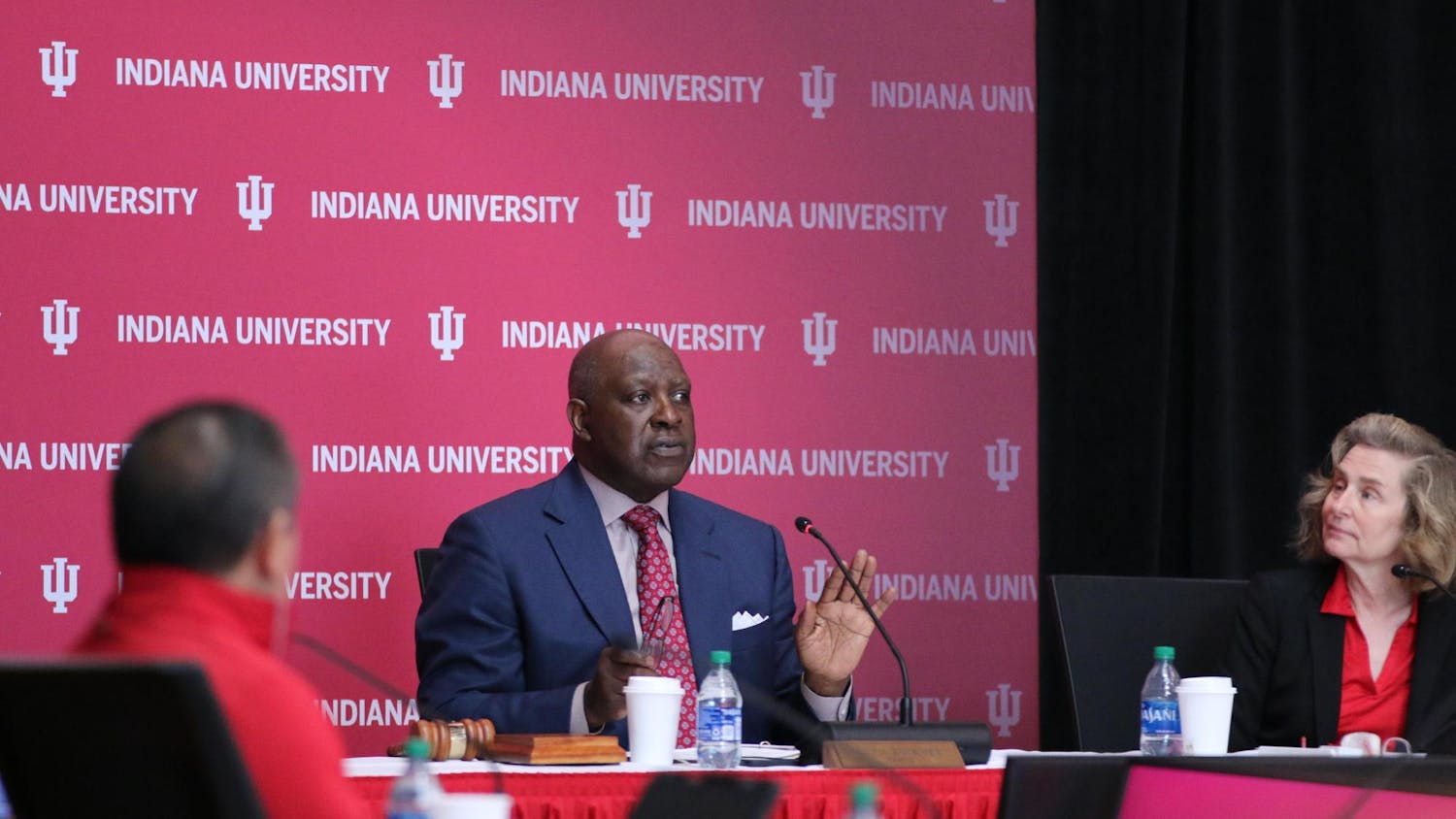Last month, assistant research scientist Heather Rupp of the Kinsey Institute for Research in Sex, Gender and Reproduction received a $423,500 grant to study the poorly understood biological mechanisms behind postpartum depression.
The National Institute of Mental Health awarded the grant money to fund research on the still-unknown cause of postpartum depression. Rupp and her co-investigators will be using functional magnetic resonance imaging scans to observe how a hormone called oxytocin, an important chemical during the period following birth, works in a woman suffering from postpartum depression.
“Women’s sexual and emotional health are important for themselves and those around them,” said Kinsey Institute Director Julia Heiman. “Childbirth requires major physiological and social adjustments that are taken for granted and understudied.”
The hormonal changes of pregnancy and childbirth are known to cause changes in mood, but postpartum depression is serious condition that causes severe anxiety and physiological symptoms that interfere with a mother’s ability to take care of her child.
The main cause is still unknown.
“It hurts their relationships with their partners and kids,” Rupp said. “It makes them feel like terrible people and hurts their careers, creating a snowball effect in these women’s lives.”
Thomas James, a professor in the IU Department of Psychological and Brain Sciences, will use the functional magnetic resonance imaging scans to measure and compare the brain activity of participants, enabling the research team to apply previous animal models to humans.
The other researchers involved with the study are Dale Sengelaub of the department of psychological and brain sciences, who has worked with hormones in rats, and Ellen Ketterson, a biology professor whose work with hormones in relation to human behavior complements Rupp’s past research on the subject. They will be working with Beate Ditzen of the University of Zurich, who has researched oxytocin.
All of the research backgrounds combined with Heiman’s clinical psychology experience and James’ scans yield a comprehensive picture of postpartum depression and its potential causes.
“If you understand the mechanisms, treatments and prevention may become a little more successful,” Rupp said. “Together we can address this very complicated problem that individually we couldn’t.”
In addition, the group of diverse researchers will also work with local doctors and support groups, such as the Bloomington Area Birth Service and Bloomington Hospital’s postpartum depression task force.
“We are all still really basic researchers,” James said, “so to have some practitioners be so forthcoming with us and their ideas has been very helpful.”
Rupp said it was really exciting to see the community get involved.
The results of this two-year study will provide other researchers with knowledge on possible safe treatments for postpartum depression.
“We’re not a clinical trial,” Rupp said, “but if it works, it could have implications for those who would want to see if it’s actually a good treatment.”
Kinsey researcher receives grant to study causes of PPD
National Institute of Mental Health awards $423,500
Get stories like this in your inbox
Subscribe





